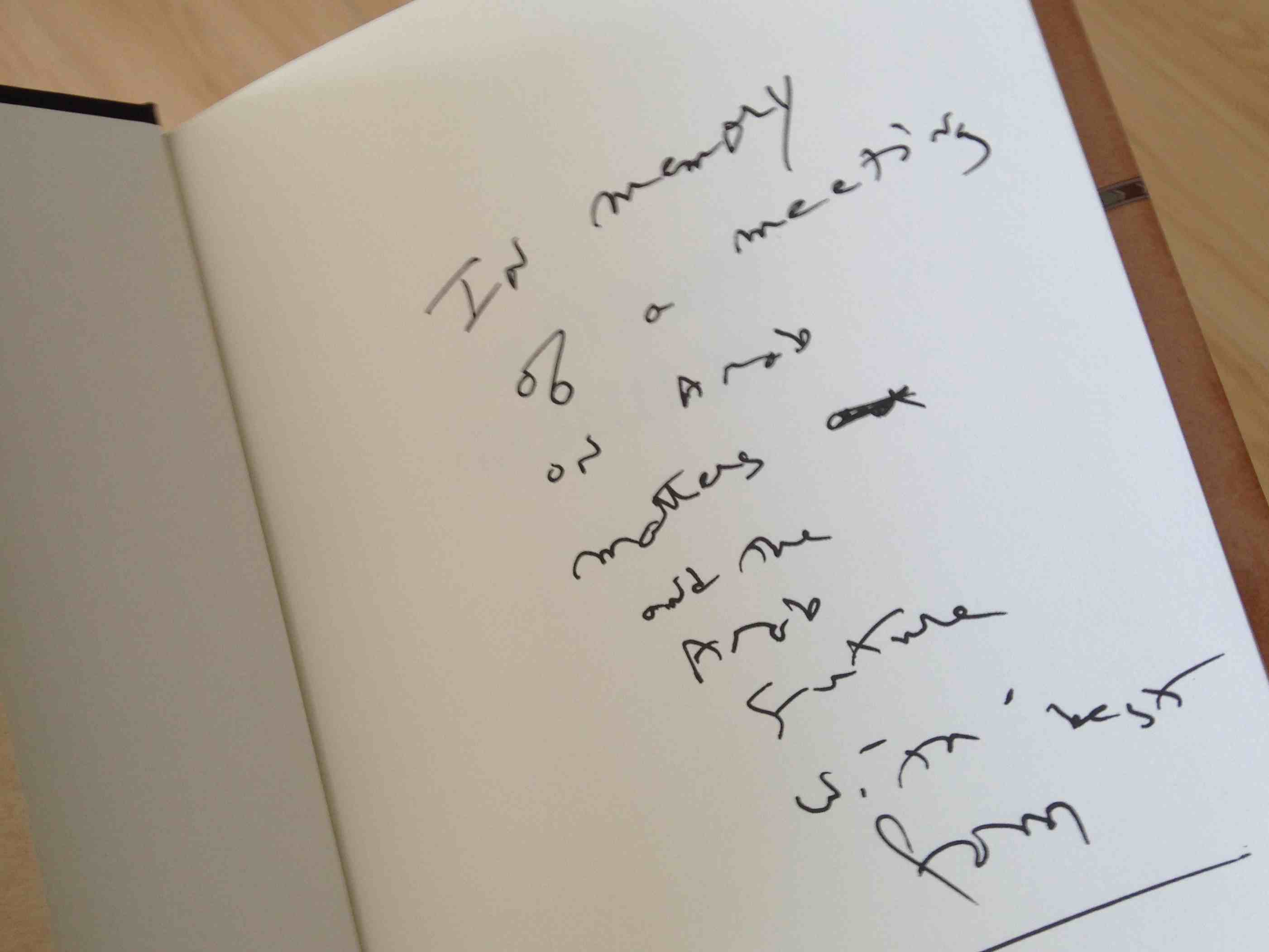Fouad Ajami, who was a senior fellow at Stanford’s Hoover Institution and one of the most passionate critics of President Barack Obama’s foreign policy in the Middle East, passed away Sunday after a battle with cancer.
The 68-year-old Ajami had remained active and engaged in public policy debates right until the end. A week ago, he published an op-ed in the Wall Street Journal placing the blame for the collapse of Iraq squarely at the White House door. “Two men bear direct responsibility for the mayhem engulfing Iraq: Barack Obama and Nouri al-Maliki,” he wrote. Ajami believed Obama had failed in his professed duty to provide global leadership: “Today, with his unwillingness to use U.S. military force to save Syrian children or even to pull Iraq back from the brink of civil war, the erstwhile leader of the Free World is choosing, yet again, to look the other way.”
Ajami was deeply concerned with the Arab future. He began his career in a rather typical academic mold, famously confronting (at 4:26) a young Benjamin Netanyahu over the Israeli-Palestinian conflict in 1978. Over time, Ajami distinguished himself as a scholar of the Middle East who was pro-Arab without being anti-Israel, anti-American or anti-West in general. He also embraced elements of George W. Bush’s “freedom agenda.”
In October 2008, looking ahead towards Obama’s likely election a few days later, Ajami noted with some alarm that the swooning crowds that flocked to Obama reminded him of the way Egyptians had embraced Nasser, or Argentinians had deified Peron. This, he said, was something now. “Save in times of national peril, Americans have been sober, really minimalist, in what they expected out of national elections, out of politics itself.”
Ajami was less skeptical about the potential of the Syrian rebellion, whose cause he explored in a book of the same name. The Lebanese-born Ajami saw the uprising of the Syrian people–in its initial, pre-Islamist stages, at least–as a watershed moment in the region. He also saw Iran’s participation on the side of the Assad regime as a moment of weakness for Tehran, when the regime had lost the support and admiration of Sunni Arabs.
I had the opportunity to spend a day with Ajami last year at Stanford. He inscribed a copy of his book: “In memory of a meeting on Arab matters and the Arab future.” We exchanged a few letters after that. He was, in spite of his growing concern at the failures of American foreign policy, still optimistic about the Middle East and its potential. His loss is a great one. In Ajami’s death the cause of freedom has lost an irreplaceable friend.

COMMENTS
Please let us know if you're having issues with commenting.